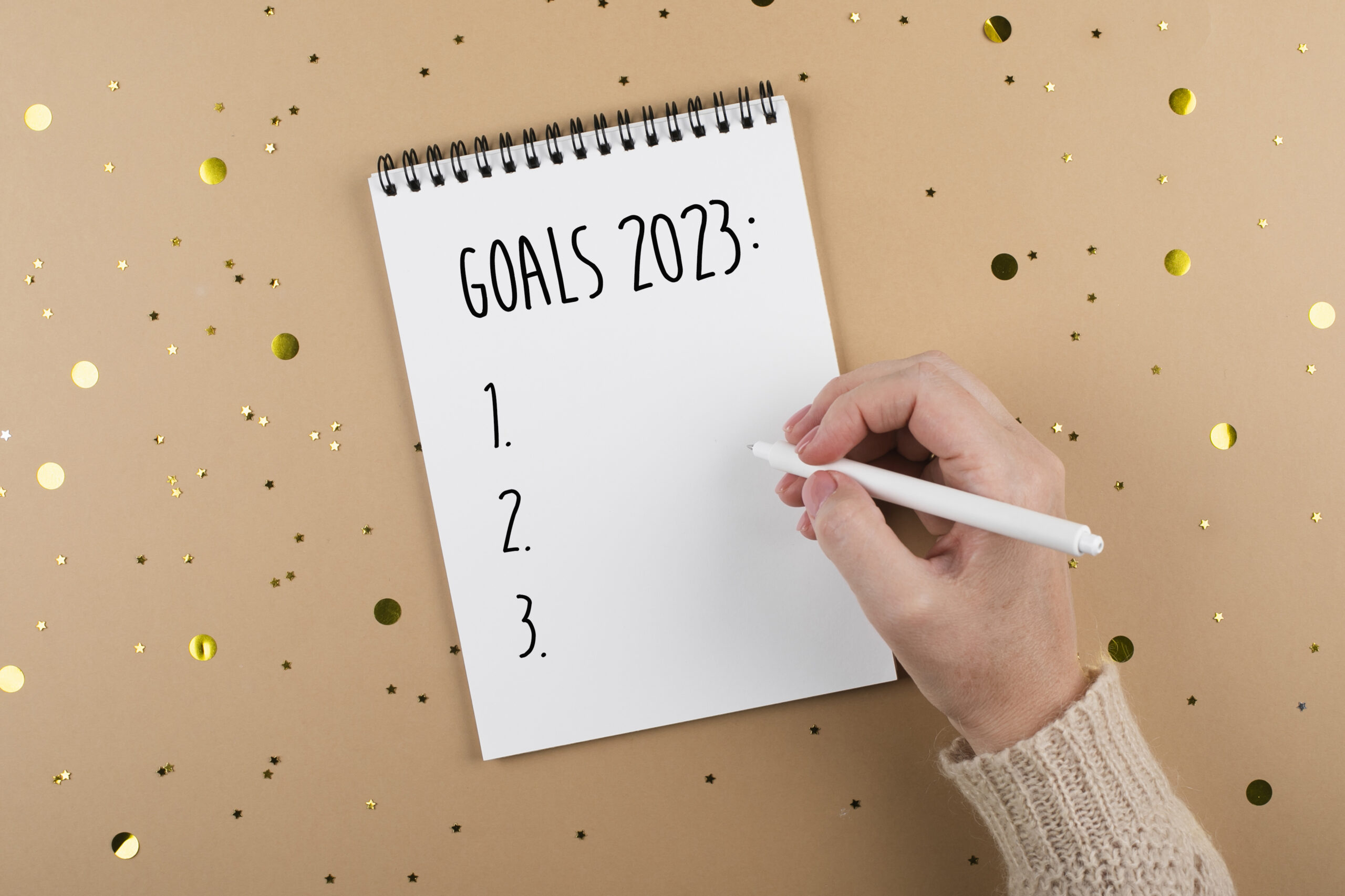How to Set Goals for the New Year While in Recovery
Setting goals in recovery is one of the best ways to keep yourself motivated and inspired on your journey to healing and overall wellness. Recovery can be exhausting on a physical and mental level, and at times, it can be difficult to see and remember just how far you’ve come.
Goal setting in recovery is an important part of fostering healthy and positive mental health, it can help you stay focused on your sobriety, and the achievement of these goals will serve as a powerful motivational tool to keep going.
The New Year has long been hailed as “the” time to take an honest inventory of yourself and your life, set some fresh intentions and begin again in whatever way you’d like. This is as true for those in recovery as it is for anyone else; now is as good of a time as any other.
In this article, we’re going to take a closer look at goal setting in recovery, why this is such an essential practice and break down exactly how to set goals and achieve them.
Why is goal setting important?
People in addiction recovery or receiving mental health treatment often struggle to adjust to life as they work on managing and rebalancing their mental and physical health in recovery.
For someone who was accustomed to the constant high of an illicit drug, sobriety may initially feel boring or dull. On the other hand, they may find themselves overwhelmed with how many areas of their life they have to manage or relearn now (bills, school, work, relationships).
The road to recovery is full of unexpected ups and downs, some of which might cause you to struggle for a day, others which might threaten your sobriety altogether. Without the proper practices and habits in place, many people find themselves significantly more vulnerable to temptations and negative influences.
Goal setting is one of the best ways to make the adjustment and maintenance of your sobriety easier and less tempestuous.
How to set goals and achieve them
The beauty of setting goals is that you can do so whenever you want; while it can be fun and sentimental to set goals at the start of the New Year, any other day of the year is just as good.
SMART is a goal-setting formula, an acronym that stands for specific, measurable, achievable, relevant and time-bound. When setting a goal, take each of these words into consideration.
Rather than set the vague goal of improving relationships, be specific and decide you want to improve your relationship with your mother by calling her every week on Sunday afternoons.
Make sure your goals are measurable, such as instead of setting the goal of simply “eating healthier,” set the measurable goal of having at least three kinds of vegetables every day.
Goals should either be smaller and rather quickly achievable (such as applying to a certain amount of jobs per day without expectations) or, if they’re bigger, they are broken down into actionable steps. For example, setting the goal of getting a job in four weeks is much more achievable if you come up with a plan of what you’re going to do each day to make that happen.
In addition to setting traditional timeline goals (such as two weeks of no self-harming or one year since you last had a drink), it’s important to set personally relevant goals. If you used to be creative, set a goal such as spending 10 minutes a day writing or practicing painting or photography on Tuesdays and Fridays.
A goal with a deadline is referred to as time-bound, which is a highly effective approach for helping people to stay focused on and commit to their goals. As a bonus, setting a time-bound goal has been shown to significantly increase your chances of achieving the goal.
Get help today
If you or someone you love is struggling with their mental health, seek professional help immediately. When left untreated, substance abuse can lead to countless short— and long-term, mental and physical challenges and conditions.
Tapestry is a premier behavioral and mental health treatment center that specializes in providing a multifaceted approach to treatment and care.
We recognize that no two people are alike and that true healing requires a full-spectrum approach to an individual’s state, including the mental, physical, emotional and spiritual. That’s why each of our programs is fully customizable to your unique needs, and also the reason our curriculums contain a balance of traditional and holistic treatment methods.
Whether you’re looking for additional addiction or mental health resources, have a question about our programs or want to inquire about admissions, we’re here to help.
You can submit a confidential form or call us directly today at 828-490-4032 and you’ll be connected with one of our highly knowledgeable staff members.






